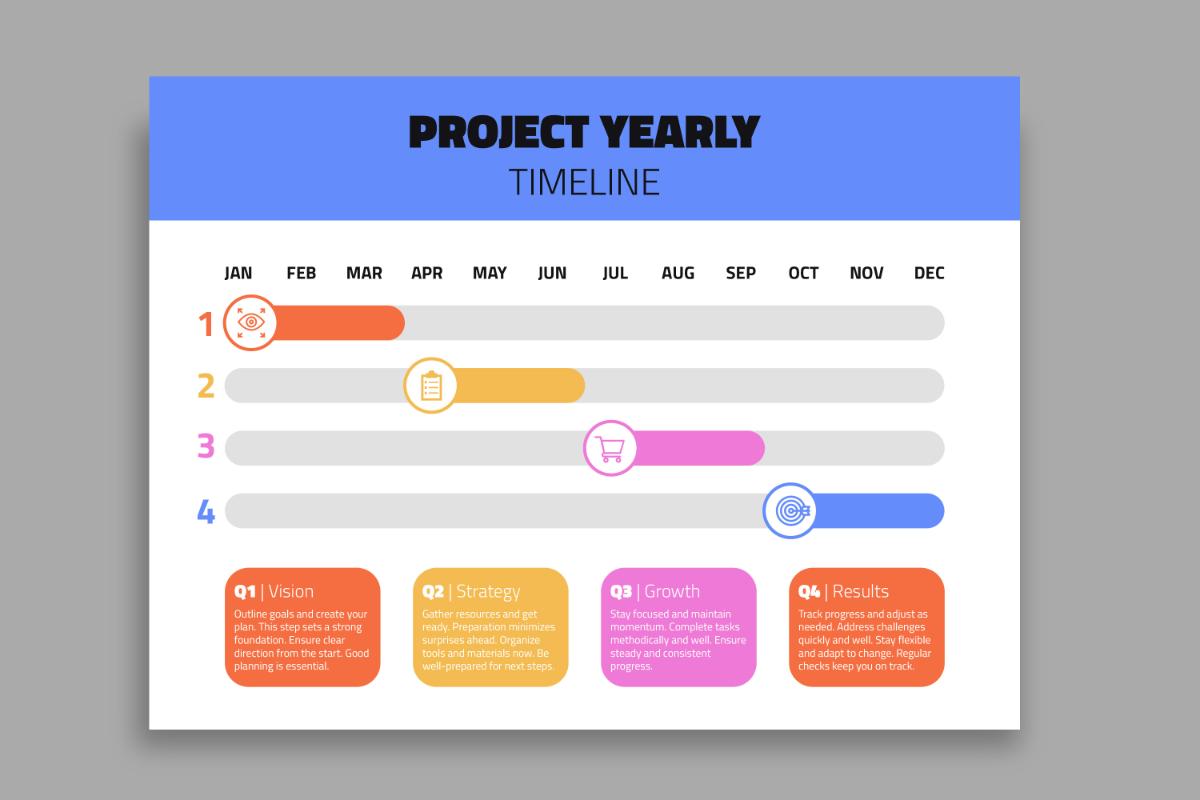Determining how long can a court case be adjourned for varies by court type and case specifics in Australia, balancing the need for justice with unavoidable delays.
What Is an Adjournment?
An adjournment refers to the postponement of a court hearing or proceeding to a later date. In Australian courts, this allows parties additional time to prepare, gather evidence, or address unforeseen issues. It ensures procedural fairness but is not granted lightly, as courts prioritize efficient case resolution. For instance, in criminal matters, an adjournment might occur after an initial appearance to obtain legal advice or review evidence.
In civil disputes, it could delay trials due to settlement negotiations or witness unavailability. Tribunals like VCAT use adjournments similarly for administrative reviews. Understanding how long can a court case be adjourned for starts with recognizing that adjournments prevent miscarriages of justice while avoiding unnecessary prolongations.
Courts may impose conditions, such as requiring progress reports, to limit indefinite delays. Overall, adjournments serve the interests of justice but are subject to judicial discretion.

Typical Timeframes for Adjournments
Timeframes for how long can a court case be adjourned for depend on the jurisdiction, case complexity, and reasons provided. Australian courts aim to minimize delays, but standard periods exist for different matters.
Criminal and Civil Courts
In criminal courts, such as the Magistrates' Court, initial adjournments often last a few weeks to six weeks. For example, after pleading not guilty, cases are typically adjourned for six weeks to allow police to prepare the brief of evidence. Committal mentions might extend to 12 weeks for more serious charges. Subsequent adjournments vary but are shorter if parties are ready, rarely exceeding a few months without strong justification.
In civil courts, adjournments in the Magistrates' Court or higher jurisdictions can range from days to weeks, depending on trial readiness. Non-appearance might lead to brief adjournments for rescheduling, but repeated requests risk denial. Federal courts emphasize that adjournments are not automatic, with durations tied to case needs, often 1-4 weeks for interim matters.
How long can a court case be adjourned for in these settings is at judicial discretion, but excessive delays could breach timely justice principles.
VCAT (Victorian Civil and Administrative Tribunal)
At VCAT, how long can a court case be adjourned for is strictly managed to avoid indefinite postponements. Adjournments are not guaranteed, even with party consent, and must align with tribunal efficiency. Typical timeframes are short, often 2-4 weeks for rescheduling hearings, mediations, or conferences. For guardianship matters, requests should be made at least five days prior, with adjournments granted only for compelling reasons.
Late applications, less than two business days before, require exceptional circumstances like sudden illness. VCAT may limit adjournments to prevent abuse, as seen in cases where serial requests were denied. Overall, durations rarely exceed a month unless complex issues arise, emphasizing swift resolutions in administrative disputes.

What Courts Consider When Granting Adjournments
Courts weigh several factors when deciding how long can a court case be adjourned for and whether to grant one at all. Primarily, they assess the reasons provided, such as illness, new evidence emergence, or legal representation needs, ensuring they uphold procedural fairness. Consent from all parties is influential but not decisive; judges may refuse if it causes undue delay or prejudice.
The case's stage matters—early adjournments are more likely than those near trial. Courts consider the impact on witnesses, victims, and resources, avoiding unnecessary burdens. In criminal cases, bail conditions or custody status influence decisions, with shorter adjournments preferred for detained individuals. For civil and VCAT matters, efficiency and cost implications are key, with repeated requests scrutinized for potential abuse. Ultimately, the overriding principle is justice administration without unreasonable delay, balancing rights with public interest.

How to Apply for an Adjournment and What to Expect
Applying for an adjournment involves formal steps to address how long can a court case be adjourned for. In Magistrates' Court, submit a request as soon as possible, ideally three working days before the hearing, outlining reasons and providing supporting documents like medical certificates. If represented, your lawyer can apply; otherwise, attend in person, especially if on bail.
Seek consent from the other party, such as prosecutors in criminal cases, to strengthen your application. For VCAT, use the specific adjournment form, lodging it by 4pm at least two business days prior, explaining why the hearing cannot proceed. Expect a decision based on merit—grants result in a new date, often notified promptly.
Denials mean proceeding as scheduled, with non-attendance risking warrants or default judgments. In higher courts, written applications or mentions hearings apply similar processes. Preparation is crucial; vague reasons lead to refusals. Anticipate potential costs if your request is deemed unreasonable.
Conclusion
Navigating how long can a court case be adjourned for requires understanding court discretion and valid grounds to avoid complications. If facing a hearing and need an adjournment, seek legal advice immediately to prepare a strong application and protect your interests.

LegalFinda Editorial Team
The LegalFinda Editorial Team is composed of qualified Australian solicitors, legal researchers, and content editors with experience across family, property, criminal, and employment law.
The team’s mission is to translate complex legislation into clear, reliable guidance that helps everyday Australians understand their legal rights and connect with the right lawyer.
